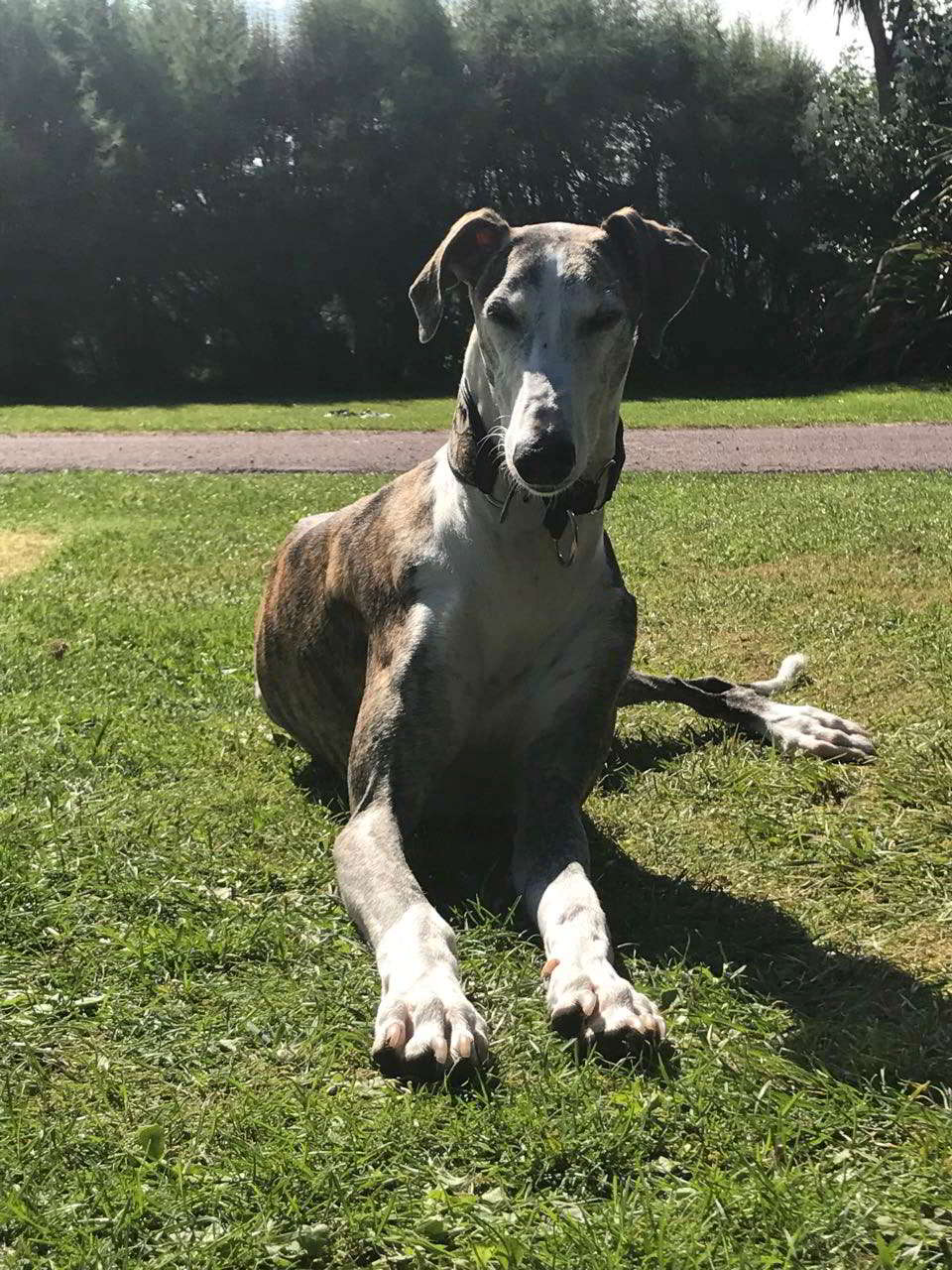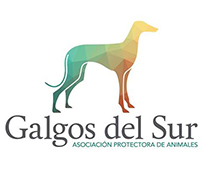How to adopt
As with any other dog, when you consider adopting a greyhound you have to bear in mind that it is a commitment you will be making for many years to come. The animal you adopt becomes your responsibility and will depend on you for everything (love, food, veterinary care, exercise, etc.). Bear in mind, even if it is only a “comparison”, that adopting an animal can be comparable to having a child or a person in your care, the animal will depend on you just as much as they do! Don’t forget, if you have to move unexpectedly, if you change your job and your economic situation worsens, if you increase your family with a new member, etc., you will have to count your animal as an immovable element, because it is part of your family. Just as you do not consider leaving your child behind when you have to move house or lose your job, we hope that the time will come when no one will consider leaving their animal behind for this or similar reasons.
In short, an animal is a member of your family and must have the same rights as the rest; if that is not your intention, please do not consider adopting an animal. It may seem extreme, but the kennels are full of dogs whose owners have moved, are about to become parents, have changed jobs ….. and many other excuses to camouflage the lack of real responsibility they have had to leave them there waiting for certain death.
Here is a list of questions to help you make the right decision. Read the following questionnaire and think carefully about your answers:
Why do you want to adopt a pet?

Yes, we know that there are many questions, but these are all the questions that will arise when you adopt and when the animal and you share a life together. It is essential to answer these questions honestly to yourself, as the shelters and kennels are full of animals whose owners have not thought through the issue of animal ownership and the responsibility that goes with it, and the only ones who pay for it (and almost always with their lives) are the animals.
The fact that you are considering adoption means that you are a responsible and humane person, who has become or wants to become aware of the situation of pets in our country. The buying and selling of “pets” only promotes the trafficking of lives, the “use” of animals as a livelihood, indiscriminate breeding and in many cases situations of mistreatment and violation of animal rights. So please stay out of “that market”, and give those in the shelter a chance. So little by little, if nobody buys, the “business” will cease to be profitable and this situation will change.
If you decide to adopt a puppy, as well as being indicated in the adoption contract that you will sign, you must sterilise the animal when it reaches adulthood, as this is the only effective and responsible way we have to fight against overpopulation, the main problem and cause of animal abandonment. Read more here.
You can also choose to become a “temporary foster home”. This figure is fundamental for the recovery of many animals and is very little known. Being a temporary foster home means that for a certain period of time (normally until the animal recovers or finds a permanent family) it lives in our home and we provide it with the care and attention it needs. While many may think that it is hard to part with an animal (it always is, but it is worth taking in) with whom you have shared many things, but you have to think that you will always be part of this animal’s life, and that it will probably owe it to that act of generosity that you did when you opened your home to it. This option is very suitable for people who do not have job stability, economic stability, or any other circumstance that does not allow them to keep an animal for its entire life. Come on! Try it and you will see how comforting it is to save the life of a living being.
And finally, once you have responsibly and firmly made the decision to adopt, here are a few last tips:
- Find out as much as you can about the animal you have chosen (character, history, origin, behaviour, needs, health status, etc.).
- Don’t choose the animal just for the way it looks, value it as a whole and make sure you are compatible.
- Don’t be hasty.
- Once adopted, take him to the vet. Don’t overwhelm him in the first few weeks, the dog needs time to adjust to his new life.
- It is important that you seek information and advice on how to raise and live with your new companion. Read books, look for articles on the Internet, consult dog handlers or dog trainers, etc. This is also very important if you already have an animal and want to introduce another animal into your “family/flock”.
We will never tire of repeating it, adopting a greyhound will bring you immense joy and fill many aspects of your life, but it also means a series of problems that you will have to face and overcome together with your new friend. The commitment you make is a lifelong commitment.
